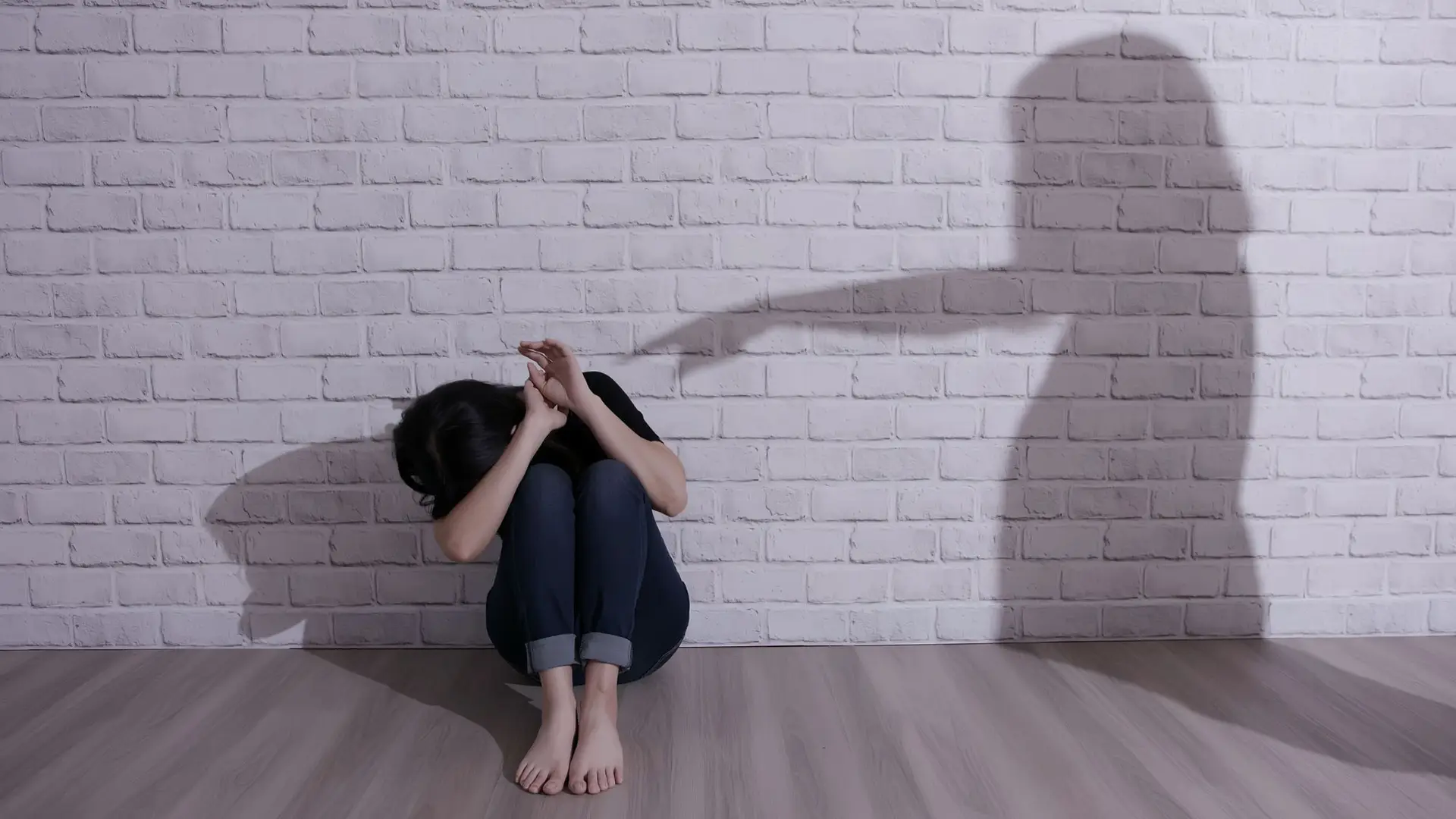
Chronic Pain and Trauma in Childhood
Childhood trauma and chronic pain can often be interconnected, influencing one another in various ways. Trauma experienced during childhood, such as abuse, neglect, accidents, or other adverse events, can have a profound impact on a child’s physical and emotional well-being. This can manifest in different forms, including chronic pain.
Here are some ways in which childhood trauma and chronic pain might be linked:
Psychological Impact: Trauma can lead to psychological distress, such as anxiety, depression, or post-traumatic stress disorder (PTSD). These conditions can exacerbate physical pain or even lead to the development of chronic pain conditions due to the heightened stress response affecting the body.
Somatic Symptoms: Sometimes, psychological distress from trauma can manifest as physical symptoms without a clear medical cause. This can lead to conditions like psychogenic pain, where emotional distress is experienced as physical pain.
Altered Pain Perception: Childhood trauma can affect the way the brain processes pain signals, leading to heightened sensitivity or altered pain perception. This might result in a lower pain tolerance or increased sensitivity to pain stimuli.
Behavioral Responses: Individuals who have experienced trauma might engage in behaviors that increase the likelihood of developing chronic pain. This could include unhealthy coping mechanisms like substance abuse, self-harm, or avoiding seeking medical help.
Long-Term Health Effects: Childhood trauma can have lasting effects on the body, potentially contributing to stress-related illnesses and conditions that can manifest as chronic pain later in life.
It’s important to note that not everyone who experiences childhood trauma will develop chronic pain, and not everyone with chronic pain has a history of trauma. However, recognizing the potential links between the two is crucial in providing holistic care for individuals dealing with chronic pain stemming from traumatic experiences. Integrative approaches that address both physical and psychological aspects are often beneficial in managing chronic pain in these cases. Therapy, trauma-informed care, and treatments that consider both the physical and emotional components can be highly effective in helping individuals cope with both trauma and chronic pain.
The Life of Chronic Pain
Click below to view the other sections within the life of Chronic Pain
Click Here